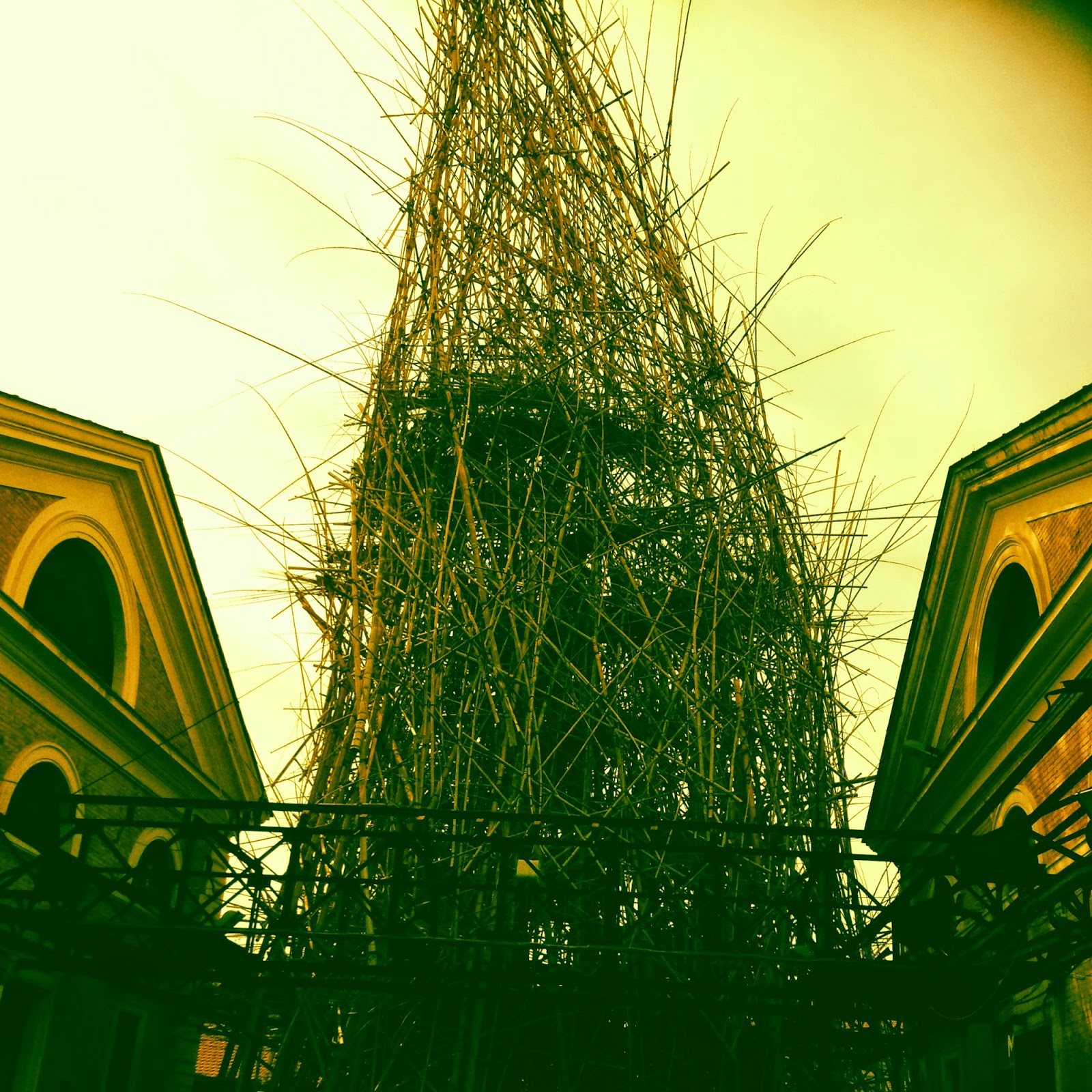Assisting Student Writers To Establish A Sense of Setting

I have been encouraging three classes of Grade 5 writers to devote more attention to establishing setting in their writing. I explained how setting assisted readers to gain a sense of place for their characters. It assists the reader to see where the plot is unfolding and where the struggle is taking place. The setting can be used in many ways in a piece of writing. A brief description of a place is an excellent way to set the scene at the beginning of a piece of writing. It gives the reader time to feel at home before moving into the real action, I further urged these young writers to consider their senses when writing about settings. To enhance their sense of setting, I asked the students to think about a place with which they were familiar. The idea was for them to walk around the chosen setting in their minds. To visualize the elements of the setting is important in capturing the place they are charged with describing. Here are some ex...



